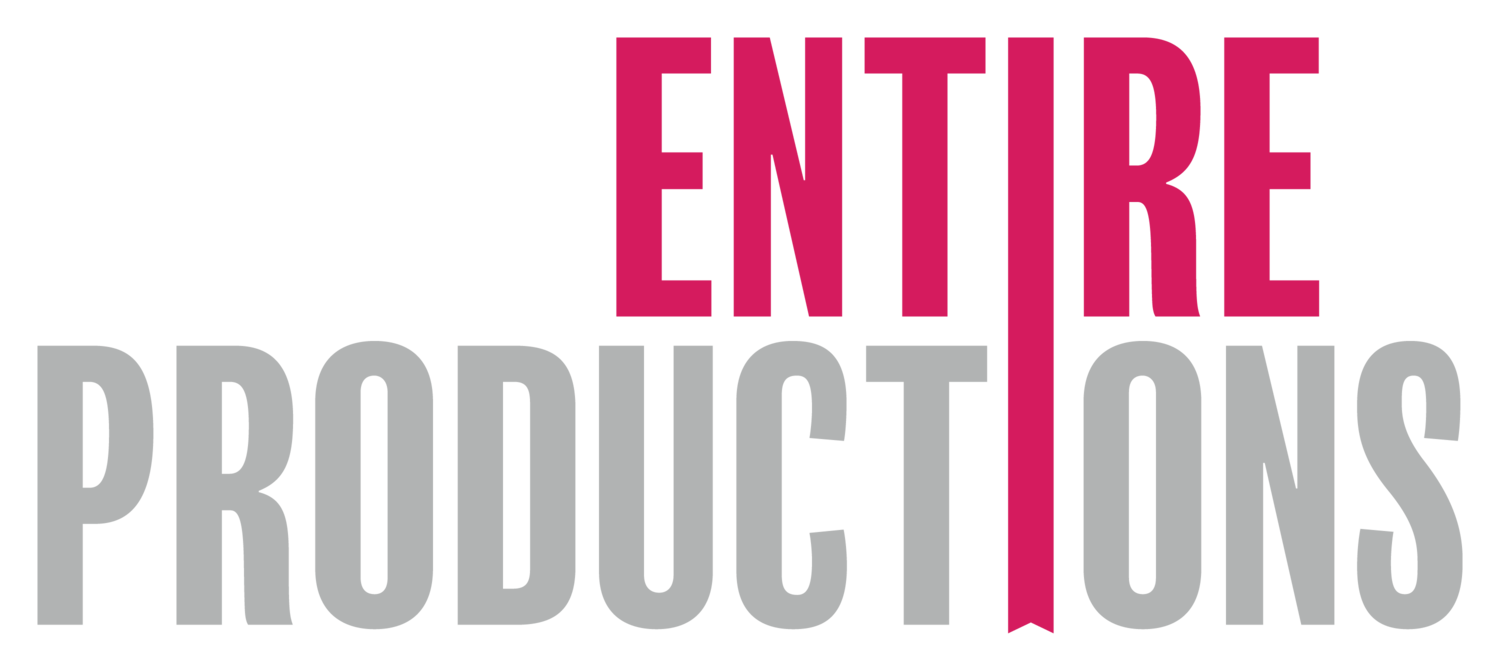Celebrate Black History Month in Your Business
Published on Inc.com
Skip the rote calendar observance and make this month meaningful by sharing culture, history, and supporting the Black community.
BY NATASHA MILLER, FOUNDER & CEO OF ENTIRE PRODUCTIONS
Celebrating Black History Month in a corporate setting isn’t just about checking a box for diversity and inclusion; it’s about actively engaging in the rich tapestry of Black history and culture. You can transform performative gestures into genuine acts of recognition and learning. Instead of it simply being a calendar observance, make it a critical examination of our shared history and celebrate the contributions and achievements of the African diaspora. Here are some ways to make it meaningful.
Lunch and learn
Lunch and learns provide an intimate platform for education and discussion. You can ditch the dry presentations and leverage this as an opportunity to bring stories to life. Consider bringing in an expert to deliver a history lesson and narrative journey, accompanied by soul food that connects to the culture being discussed. Here in Oakland, California that could include skilled storyteller Diane Ferlatte with Red Door Catering by Reign Coleman.
To get it right, you can reach out to local historians or cultural experts to lead the session, ensuring that the information is accurate and resonates with Black individuals’ lived experiences.
Share Black History Month facts
Every day of the month is an opportunity to highlight a fact about Black history that may not be common knowledge. You don’t have to recycle the same trivia points. Dig deeper. A lesser-known story is of Garrett Morgan, inventor of the traffic signal, and a handful of other inventions including a hair straightener. Speaking of hair products, Madam C.J. Walker was a Black entrepreneur and philanthropist who was the first female self-made millionaire.
You can use internal communication channels like Slack or email to share daily facts or share a fact during regularly scheduled all-hands meetings.
Aim to share stories that inspire and provoke thoughts about Black individuals’ societal contributions. This comprehensive timeline can be a starting point for selecting impactful facts.
Highlight Black-owned businesses
Support for Black-owned businesses should be more than a one-off purchase; it’s about building sustainable relationships. In Oakland, I just bought a beautifully designed jumpsuit from Taylor Jay. Most major cities have lists of Black-owned businesses such as this one in New York City. Make it a point to continue these partnerships beyond February.
Create your own directory of local Black-owned businesses, and encourage departments to use these vendors all year round.
Support Black artists
Art can profoundly convey stories and emotions that words cannot. Music can bring up feelings we didn’t even know existed.
Here are a few of the artists we love.
Brooklyn-based contemporary artist and textile designer Malene Djenaba Barnett
Abstract expressionist painter, Chonto, based in Oakland
Sculptural and visual artist, Maren Hassinger
Musician Bobby Sharp, known for the hit song, “Unchain My Heart” (upon Bobby’s death I donated the piano that Madam C.J. Walker had given him to the Oakland School for the Arts)
Consider supporting artists directly by purchasing their artwork or music, or attending their workshops and classes if offered.
Connect with local galleries or platforms like Artwork Archive to find and support Black artists. You could even commission a piece for your workplace that reflects your company’s commitment to diversity and inclusion.
Share Black History Month content on social media
Create content that honors the month, perhaps featuring employees’ heroes or significant moments in Black history that resonate with your team.
Create a Black History Month playlist
Music is a universal language, and a curated playlist can be a celebration in itself. Create a playlist with genres born out of Black culture-jazz, blues, hip-hop, R&B- it’s not just background music; it was an auditory journey through the history of Black America.
If you are hosting a corporate event, you can send out a survey to your guests and ask for their favorite songs by their favorite Black artists and create a playlist on Spotify for the event.
You can also share a Black History Month playlist via text message when they depart, so they can listen on their way home. Consider including a brief history or significance of each song or genre. Here’s an example playlist (with some explicit content) to get you started.
Celebrating Black History Month in the workplace and as an element of corporate events is about creating a space where the Black American narrative is acknowledged, honored, and celebrated. It’s an exercise in empathy, education, and empowerment. When we move past the superficial and delve into the substance of the celebration, we foster a culture that not only uplifts during February but also enriches our understanding and respect for Black history year-round. These methods are not just ways to celebrate; they are pathways to a deeper connection with the stories that shape our collective history.

